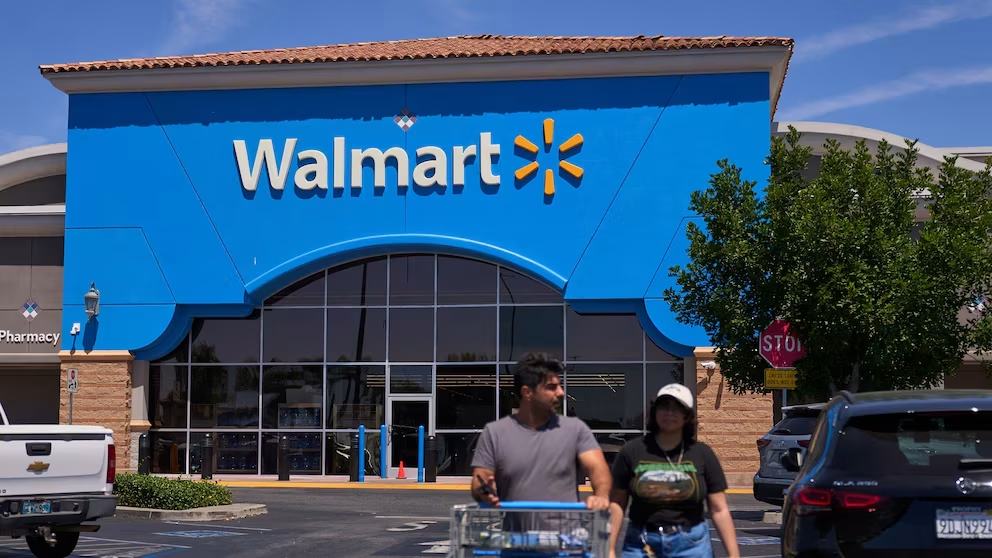A wave of earnings reports from retail heavyweights such as Walmart, Target, Home Depot, and TJX has shed light on how U.S. tariffs under President Donald Trump are shaping both consumer prices and business strategies as the holiday season nears. Analysts and shoppers alike are closely watching how these companies respond to rising costs, potential price hikes, and shifting consumer behaviors.
According to the Yale Budget Lab, tariffs introduced this year are projected to cost the average U.S. household about $2,400, largely because retailers pass higher import costs on to consumers. While economists initially warned of steep inflation, the national inflation rate sits at 2.7%, slightly lower than earlier fears of exceeding 3%. Still, companies are acknowledging the squeeze, warning that costs will become increasingly visible as new inventory arrives at post-tariff price points.
Walmart boosted its full-year outlook, showing confidence in shoppers’ resilience despite higher expenses. CEO Doug McMillon admitted costs are climbing as stores transition from pre-tariff goods to replenishing stock at higher prices. He noted the impact would likely stretch into the later quarters of the year. Despite some customers shifting their buying habits, Walmart remains optimistic about sales momentum.
Target painted a more cautious picture, reporting sluggish growth over the past three months. CEO Brian Cornell admitted tariffs create “highly uncertain” conditions, while Chief Commercial Officer Rick Gomez emphasized that the company will only raise prices as a last resort, preferring to absorb costs or renegotiate with suppliers. Cornell also announced plans to step down, handing leadership to longtime CFO Michael Fiddelke.
Home Depot has taken a different approach, confirming that some incremental price increases are unavoidable given higher tariff rates compared to earlier in the year. Executive Vice President Billy Bastek explained that select categories, such as outdoor gardening products, have already seen changes, leading to slower transactions, though the company did benefit from a rise in high-value purchases over $1,000.

TJX, owner of TJ Maxx, Marshalls, and HomeGoods, bucked the trend, outperforming expectations and raising its outlook for the rest of the year. CEO Ernie Herrman explained the company’s model, which relies on excess goods from other retailers rather than imports, offers flexibility to avoid tariff-heavy categories altogether.
Together, these results underscore the complicated landscape facing retailers. Some, like Walmart, are cautiously optimistic, while others, like Target and Home Depot, brace for tougher decisions as tariffs linger. Meanwhile, TJX’s off-price model highlights how alternative supply chains can shield businesses from tariff pressures, giving it a unique edge in uncertain times.

